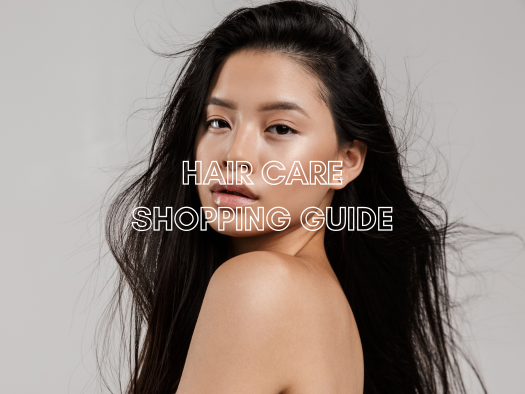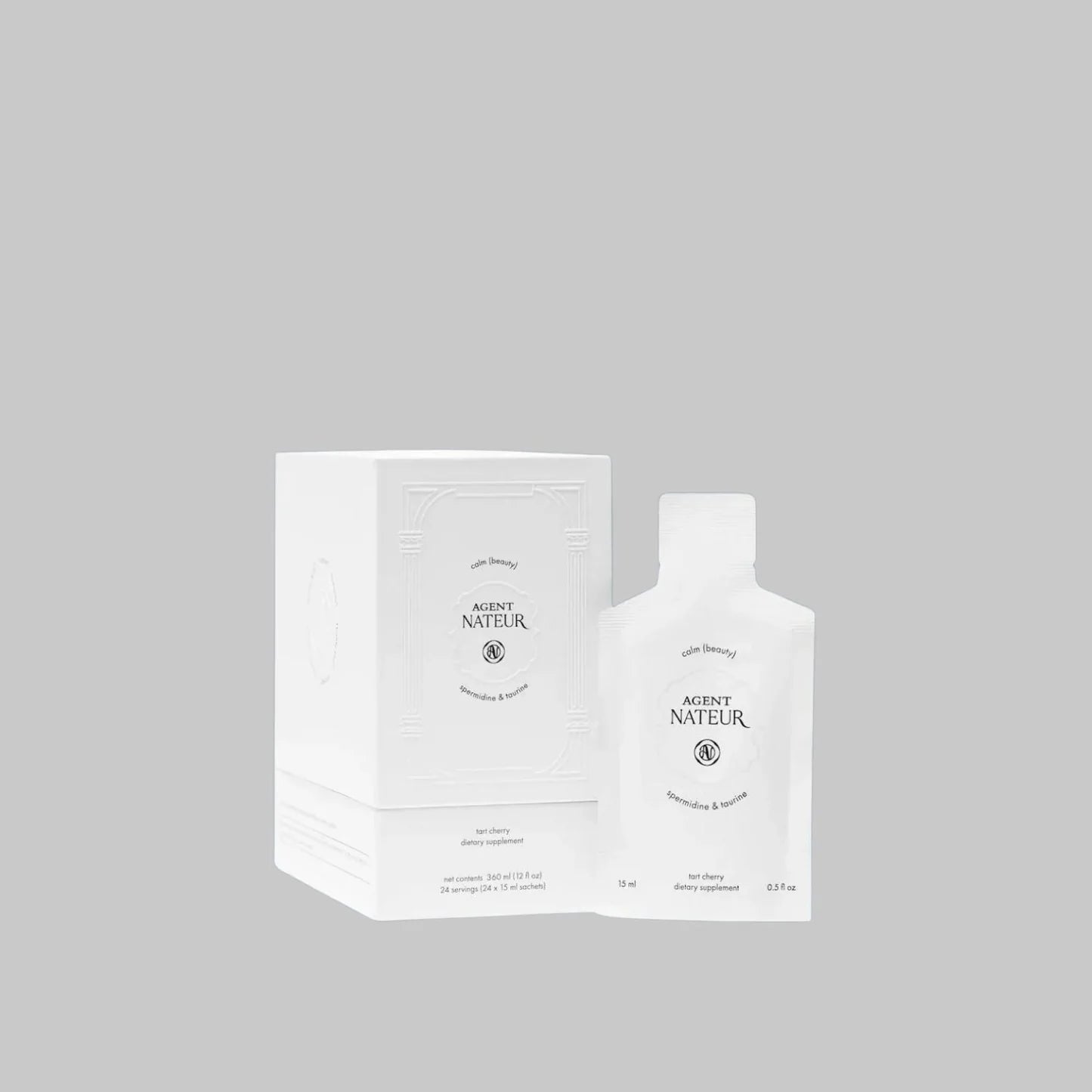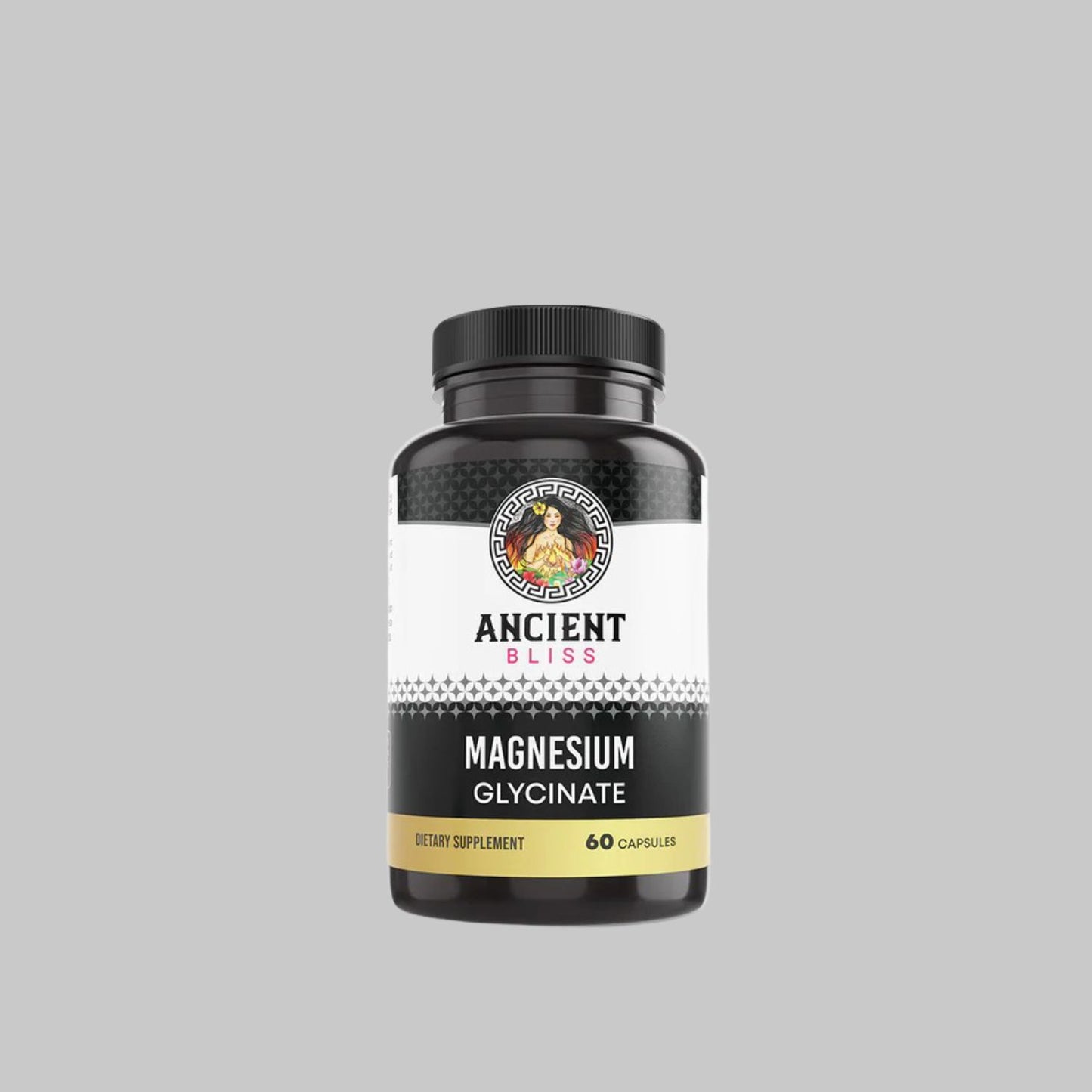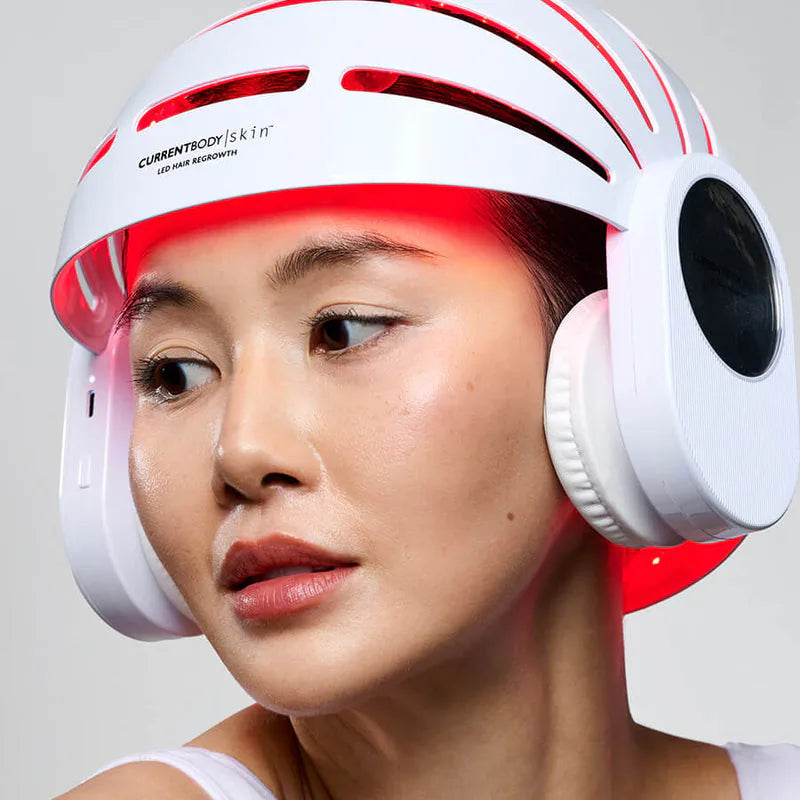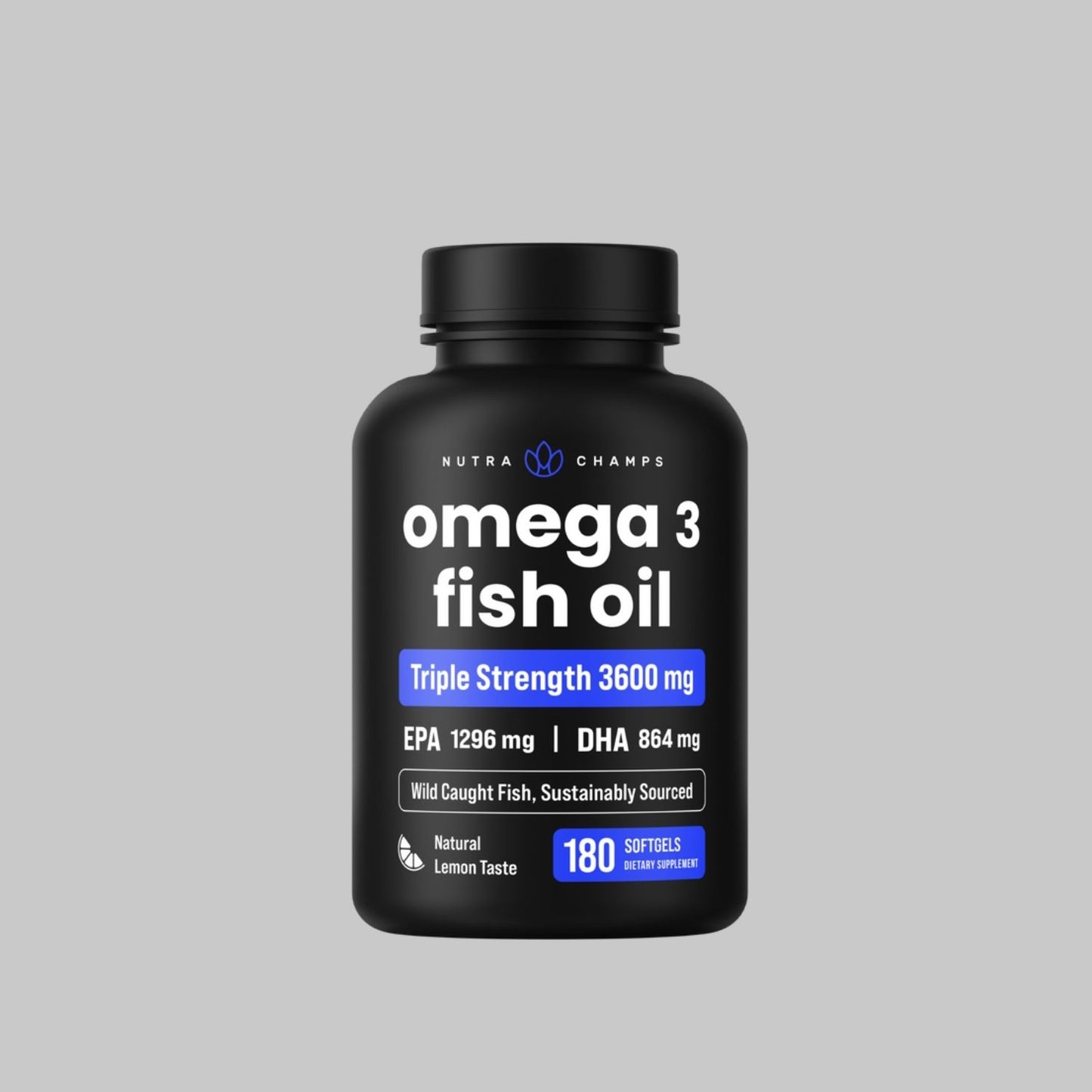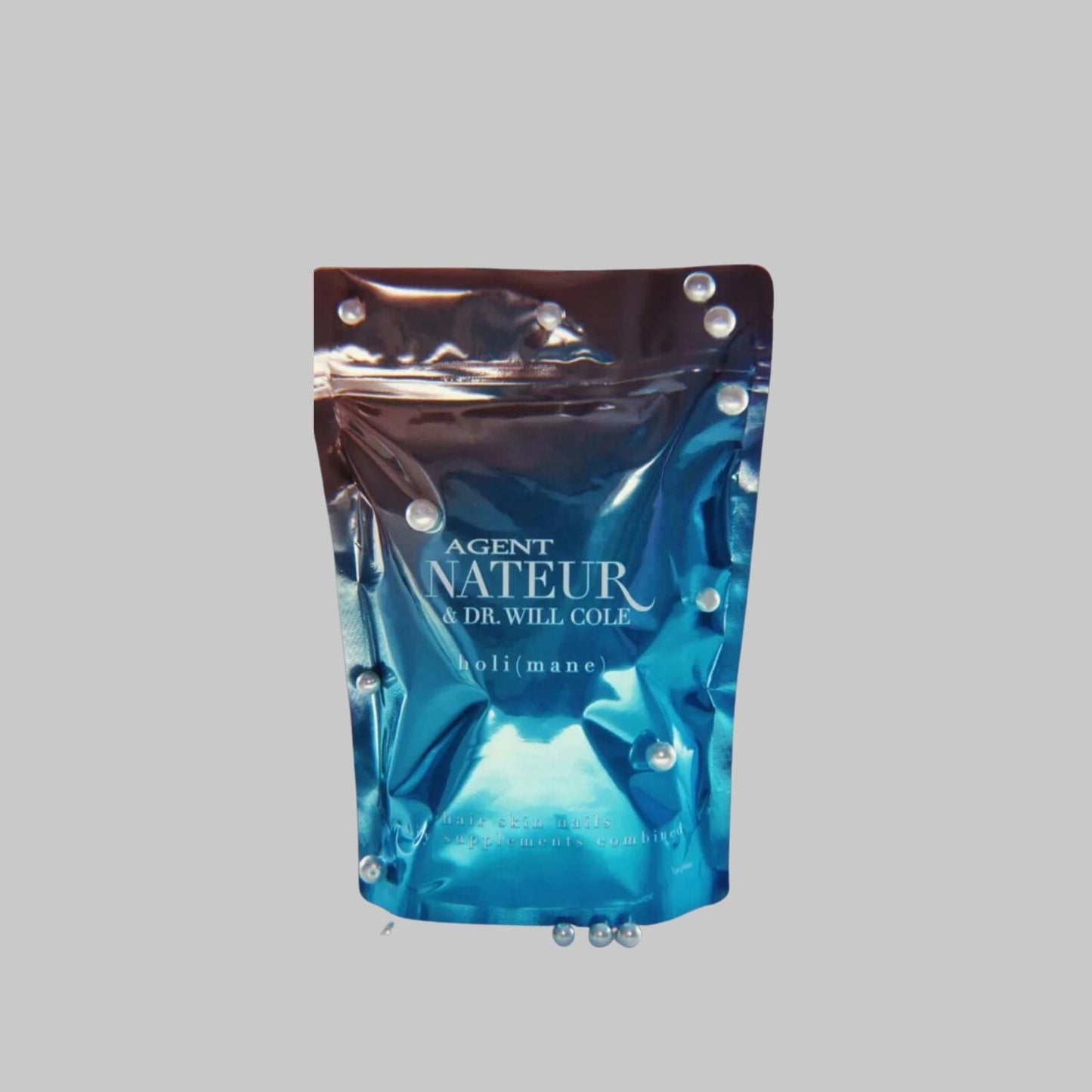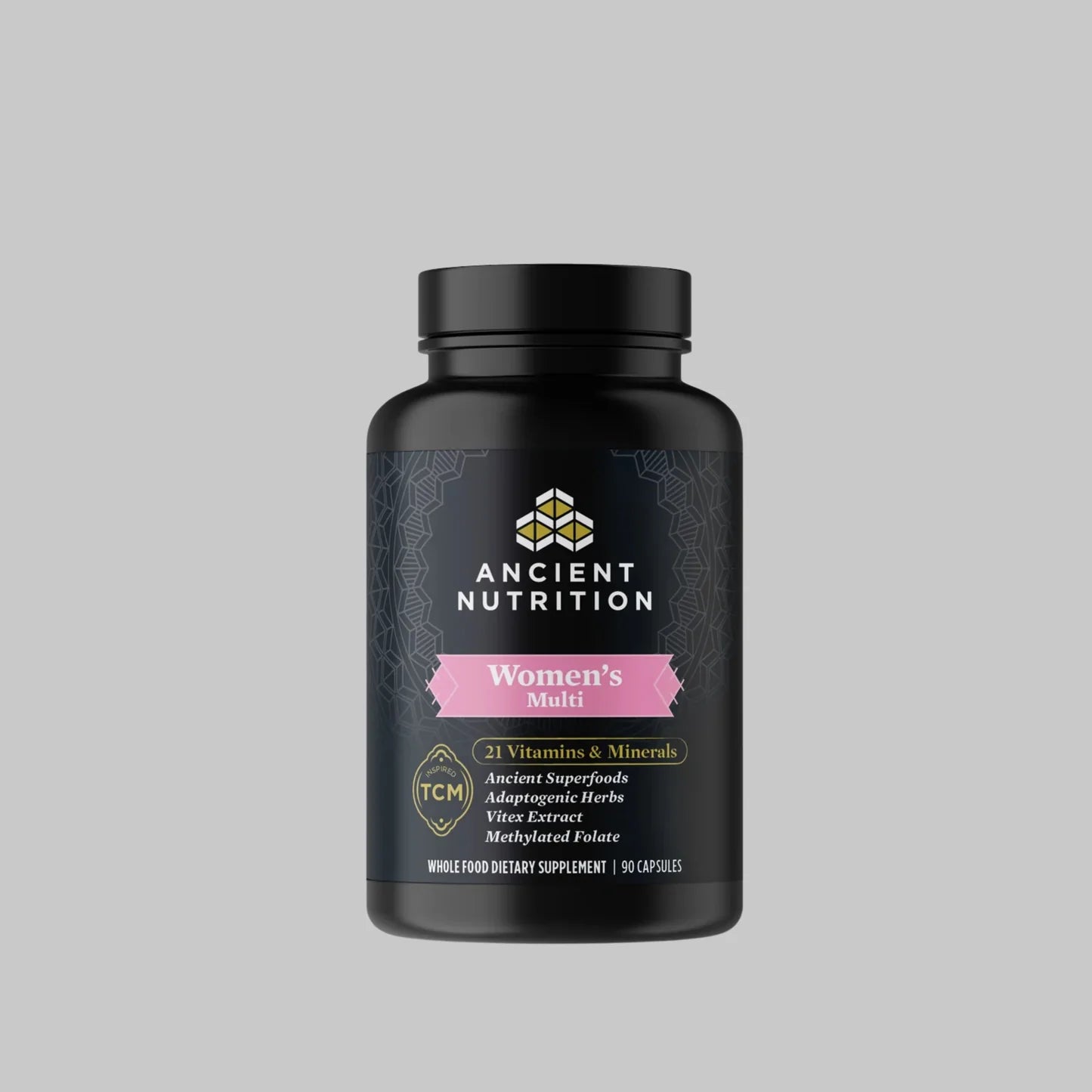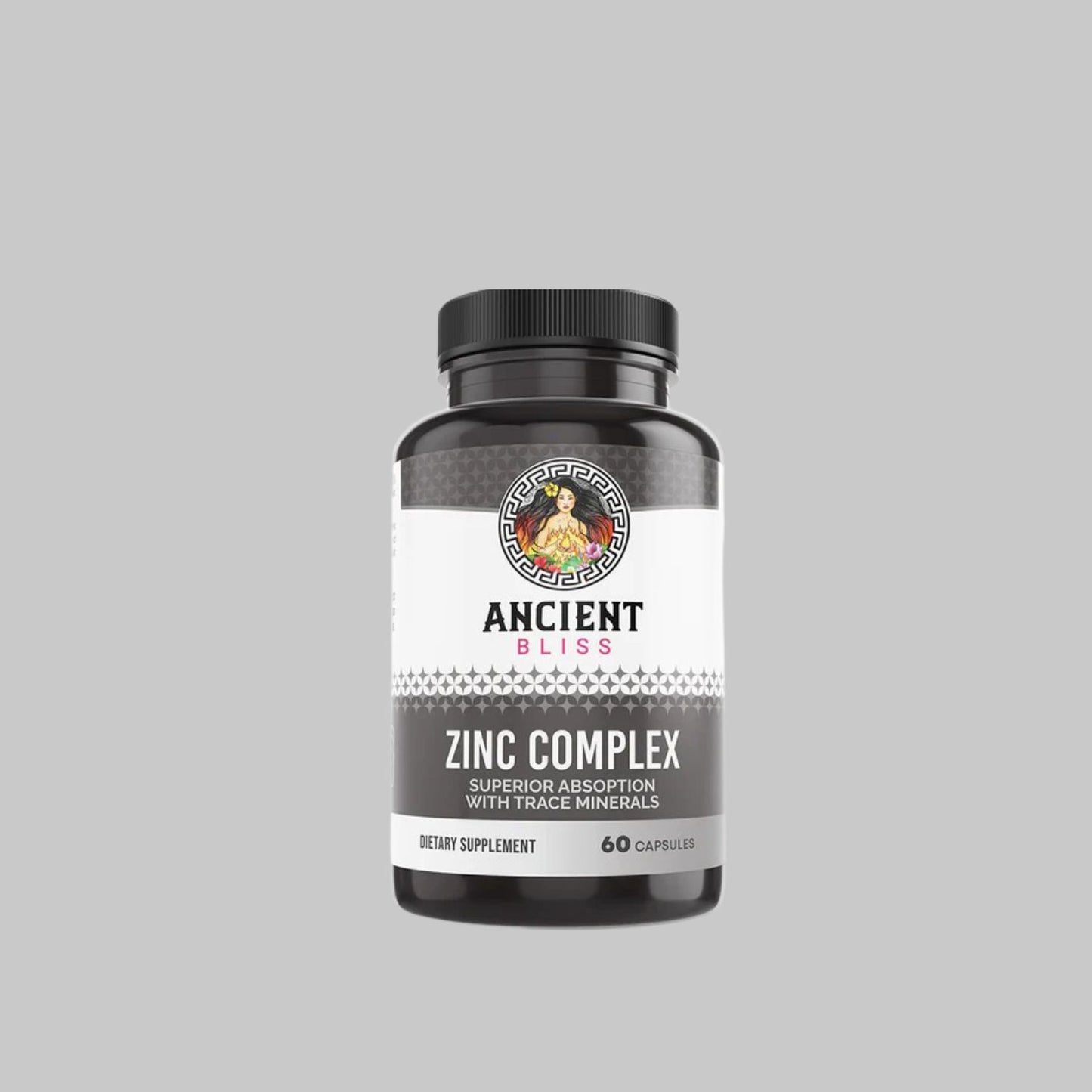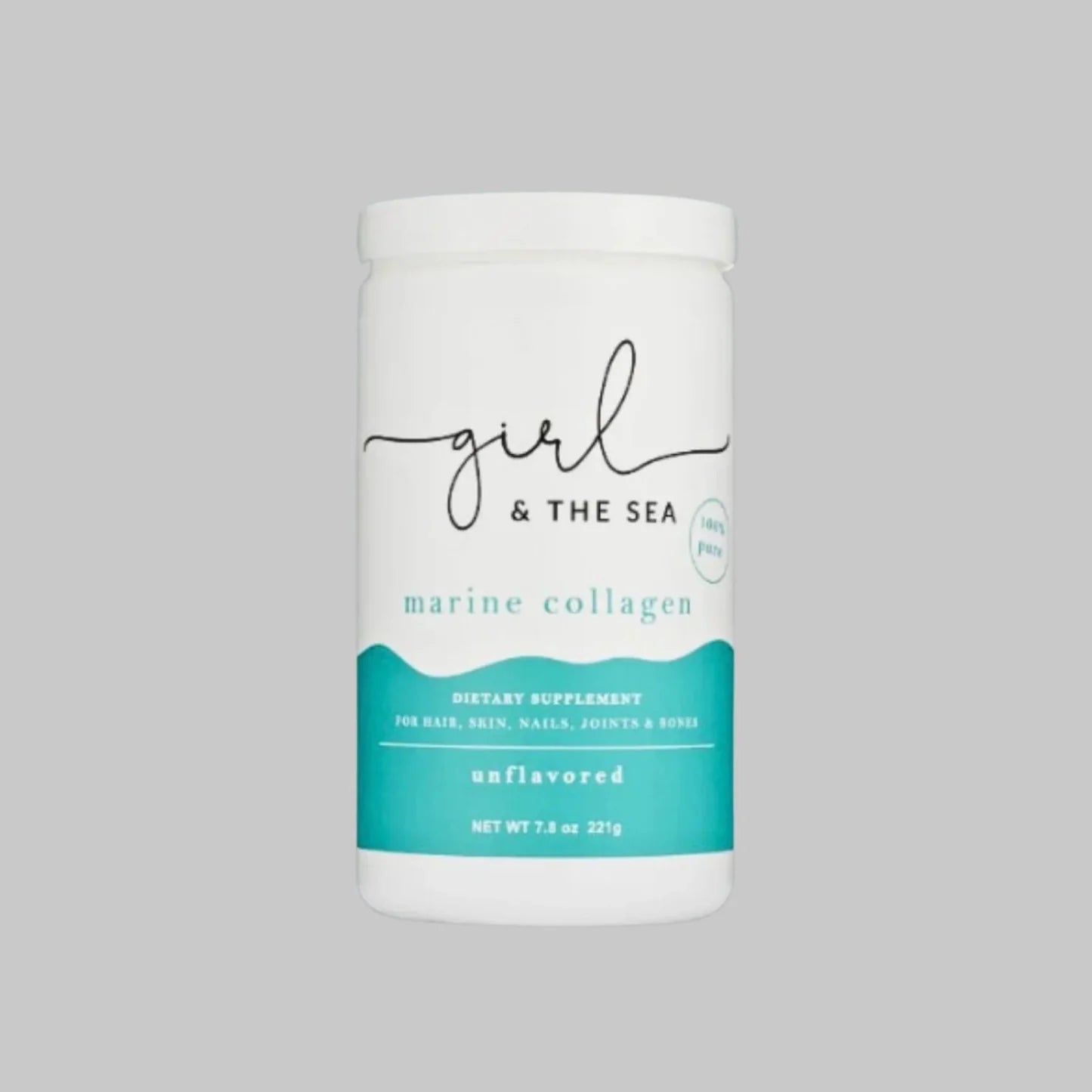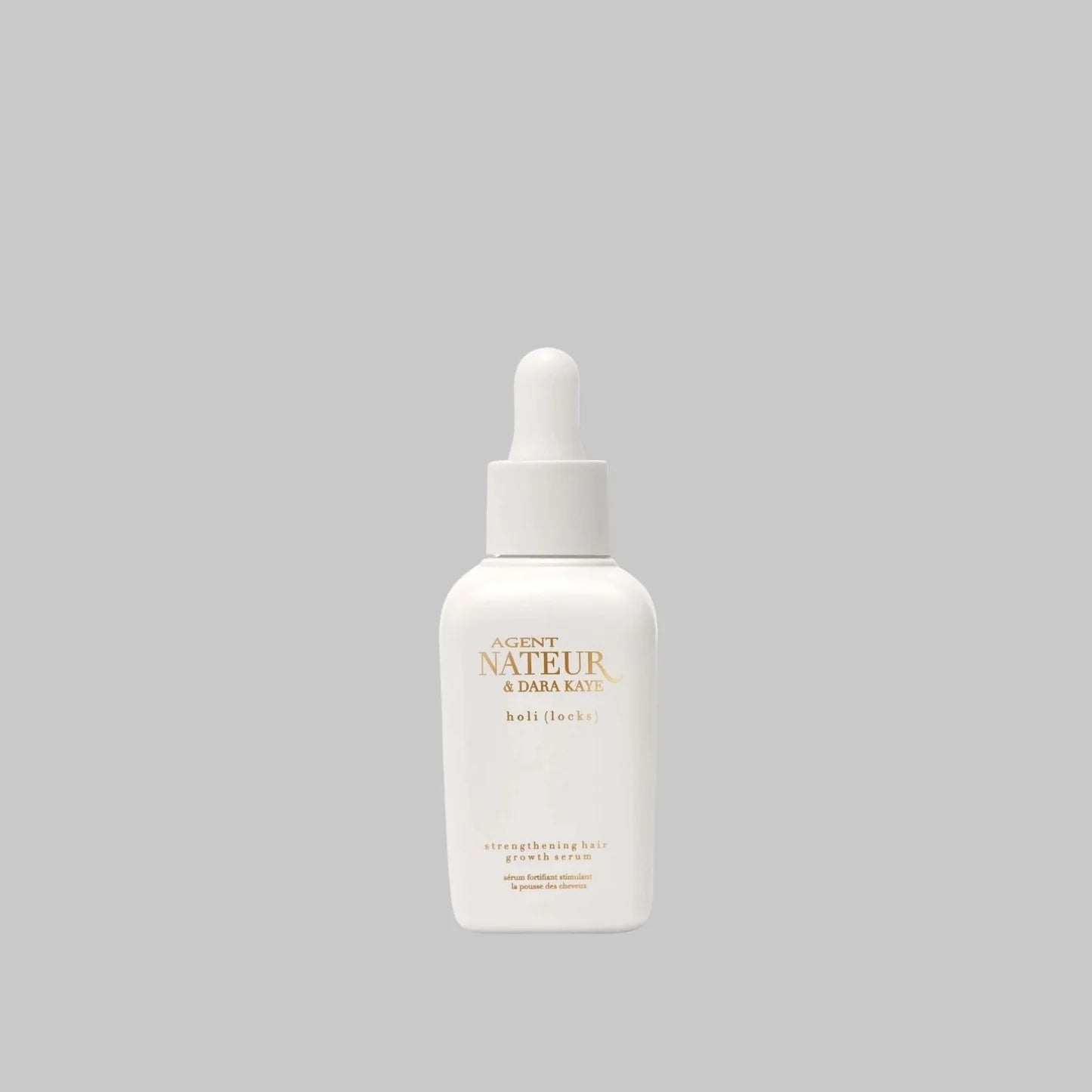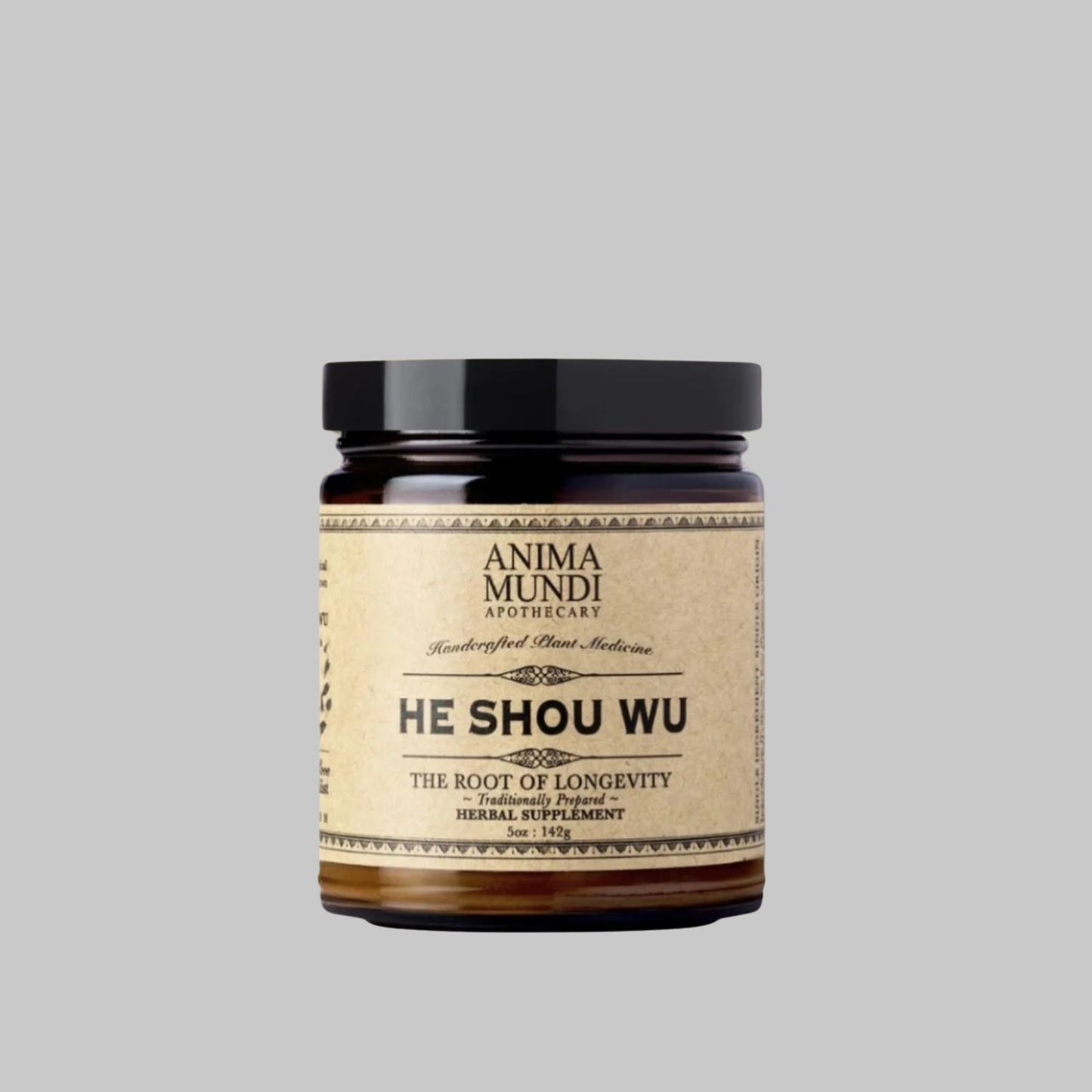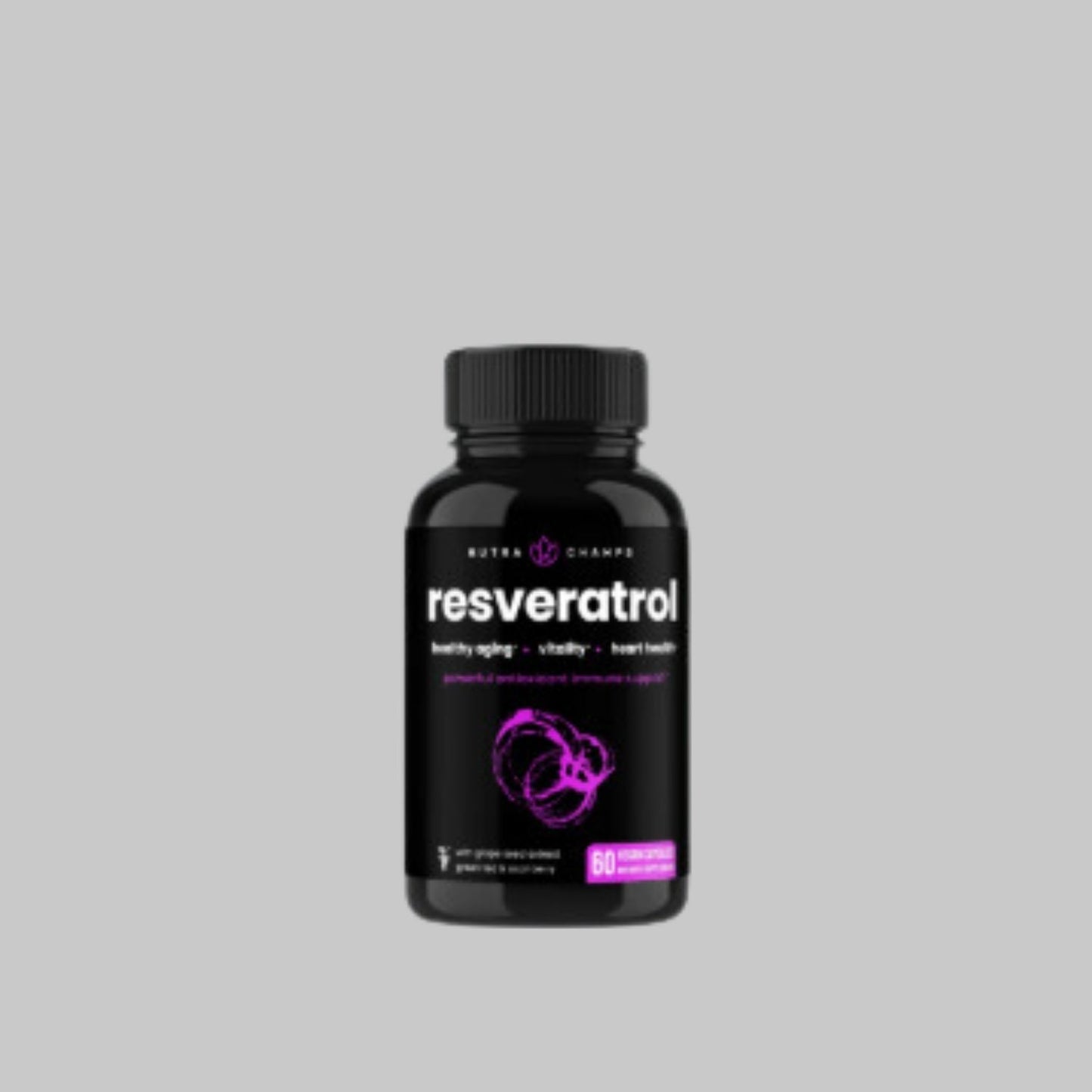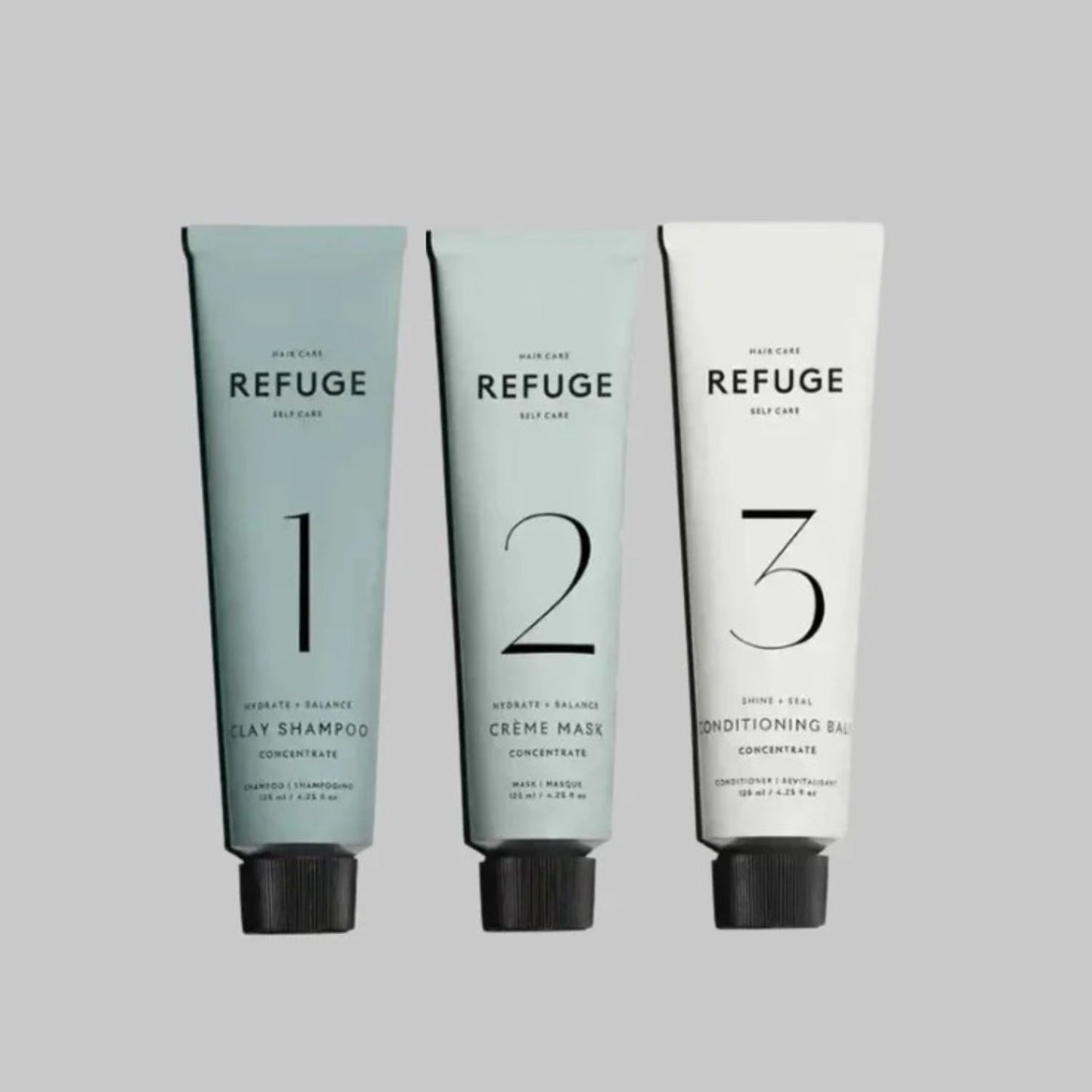HAIRCARE GUIDE
INTRODUCTION
Hair health isn’t just about what we see on the surface; it’s a complex interplay of genetic factors, diet, lifestyle, and environmental exposure. With an increasing number of people experiencing issues like hair thinning, graying, and scalp conditions earlier than expected, understanding the root causes is crucial.
Studies show that 70% of men experience hair loss by age 40, and for women, about 40% experience noticeable thinning by the same age. Hair health challenges aren’t limited to hair loss alone—gray hair and scalp issues like dandruff are increasingly common.
At The Beauty Doctrine, our approach to hair care goes beyond conventional treatments, emphasizing a functional beauty philosophy that treats the whole person. We prioritize natural, non-toxic solutions while avoiding ingredients that can disrupt the body’s delicate balance.
Rather than relying on quick fixes, we believe in sustainable approaches that address the underlying causes of hair concerns. This guide provides clean recommendations for hair growth, gray hair reversal, and scalp health, focusing on safe, effective solutions that promote lasting results.
To tackle hair health holistically, we’ll explore diet, lifestyle, supplements, and carefully selected products that support the entire ecosystem of hair and scalp. Each recommendation is curated to reflect the latest scientific findings and rooted in the values of functional beauty, empowering you with knowledge for both immediate improvements and lifelong benefits. Whether you’re looking to improve hair growth, manage early signs of graying, or maintain a healthy scalp, this guide will provide you with the resources you need to nurture your hair naturally and safely.
ROOT CAUSE CHECKLIST
Hair loss is never random. It’s your body’s way of signaling that something is off internally. Before jumping into expensive treatments or overloaded supplement routines, use this checklist to begin identifying the true root of your shedding or thinning:
- Are you eating enough protein? Aim for at least 90-110 grams per day. Hair is made of keratin, a protein that requires ample amino acids.
- Have you been under chronic stress or poor sleep? Elevated cortisol disrupts the hair cycle and can trigger telogen effluvium.
- Are you postpartum, perimenopausal, or on hormonal birth control? Estrogen, progesterone, and androgen shifts are major contributors.
- Do you struggle with bloating, constipation, or food sensitivities? Gut imbalances impair nutrient absorption needed for hair growth.
- Do you have a history of thyroid issues or irregular periods? Thyroid hormones and androgens (like DHT) directly impact follicle health.
- Are you using harsh shampoos or daily dry shampoo? Fragrance, sulfates, and scalp buildup can suffocate follicles and stunt growth.
- Have you been exposed to mold, toxins, or heavy metals? Environmental triggers can increase inflammation and autoimmunity.
Hair loss is a clue. The more you listen to your body’s patterns, the closer you’ll get to healing the cause, not just the symptom.
TESTING RECOMMENDATIONS
Most women are told their labs are “normal”, while their hair continues to fall out. What you need is functional testing: a deeper look at hormone ratios, nutrient levels, and metabolic patterns that traditional panels often miss.
Here are the core tests I recommend discussing with your provider:
Basic Nutrients & Metabolism:
- Ferritin (ideal: 70–100 ng/mL for hair growth)
- Vitamin D (ideal: 50–80 ng/mL)
- Vitamin B12
- Zinc
- Magnesium RBC
- Homocysteine (to assess methylation status)
Hormones:
- Estradiol (E2)
- Progesterone
- Free & Total Testosterone
- DHEA-S
- SHBG (Sex Hormone Binding Globulin)
- TSH
- Free T3 and Free T4
- Reverse T3
Thyroid antibodies: TPO & TG
Additional Insights:
- Fasting insulin
- Hemoglobin A1C
- DUTCH Complete test (for hormone metabolism and cortisol patterns)
Testing removes the guesswork. It lets you personalize your routine instead of following generalized solutions that may not work for your body, such as loading up on hair growth supplements that can overload your liver.
What to Avoid (Even the “Natural” Stuff)
Not all wellness products are safe, especially when it comes to long-term hair health. Many “natural” supplements and topicals contain compounds that are either under-researched or problematic for sensitive systems.
Here’s what to steer clear of:
- Over-supplementing without testing: Biotin, iodine, or high-dose zinc may backfire if you’re not deficient, and can even compete with other essential nutrients.
- Herbal blends with unclear dosages: Popular formulas like Nutrafol or Viviscal include ingredients such as horsetail, ashwagandha, saw palmetto, and kelp. Each of which can be helpful in moderation, but carries risks ranging from liver toxicity to hormonal disruption, especially in sensitive individuals. It is recommended you take breaks every 4-5 weeks.
- Fragranced or alcohol-heavy hair products: Synthetic fragrance, denatured alcohol, and sulfates strip the scalp barrier and irritate follicles, sabotaging growth over time.
- Quick-fix solutions: Rogaine, PRP, or hair transplants may offer short-term results, but without addressing root causes, the problem often returns or worsens. When in doubt, choose simplicity. Clean, microbiome-friendly topicals. Whole-food-based supplements. A protein-rich, anti-inflammatory diet. And always, always listen to your body’s signals.
SLEEP OPTIMIZATION FOR HAIR GROWTH
Cortisol disrupts the hair growth cycle. It can trigger more hair follicles to prematurely enter the telogen (resting) phase, leading to a condition known as telogen effluvium. This disrupts the normal cycle, causing excessive shedding and noticeable thinning, especially during periods of prolonged stress.
Promoting restorative sleep is paramount to recovery, repair, and maintaining a healthy hair growth cycle. Incorporating supportive tools and practices can help reduce cortisol levels and enhance sleep quality.
SLEEP OPTIMIZATION SUPPLEMENTS
TOOLS FOR RELAXATION & HAIR GROWTH
SUPPLEMENTS FOR HEALTHY HAIR
TOPICALS RECOMMENDATION FOR HAIR GROWTH
GRAY HAIR REVERSAL
Gray hair is a natural part of aging, but premature graying can be influenced by factors such as genetics, oxidative stress(free radical damage cells), and nutrient deficiencies.
A balanced diet is essential for maintaining hair color as it supplies the body with nutrients necessary for melanin production and oxidative stress defense.
- Catalase-Rich Foods: Catalase helps neutralize hydrogen peroxide buildup, reducing the bleaching effect on hair follicles. Foods like broccoli, garlic, kale, and cabbage are natural sources of catalase and support melanin preservation.
- Copper: This essential mineral aids in melanin production. Some Copper-rich foods are sunflower seeds, dark chocolate, and leafy greens.
- Antioxidants: Vitamins C and E combat oxidative stress that depletes melanocytes. Including antioxidant-rich foods like berries can help maintain hair color by protecting melanocytes from free radical damage.
- B Vitamins: Folic acid and B12 are essential for cellular health, supporting the production of melanin and potentially slowing the graying process. Foods such as eggs, leafy greens, and lentils are rich in B vitamins and support hair health.
A healthy lifestyle like stress management, environmental protection and balanced hormone levels are also critical in delaying premature graying.
- Stress Reduction: Chronic stress is known to trigger oxidative damage that affects melanocytes. Practices like meditation, yoga, and deep breathing help regulate cortisol levels, reducing stress-induced graying.
- Environmental Toxin Avoidance: Exposure to pollutants and toxins can increase oxidative stress.
- Hormone Balance: Hormonal imbalances, particularly in cortisol and thyroid hormones, can accelerate graying.

